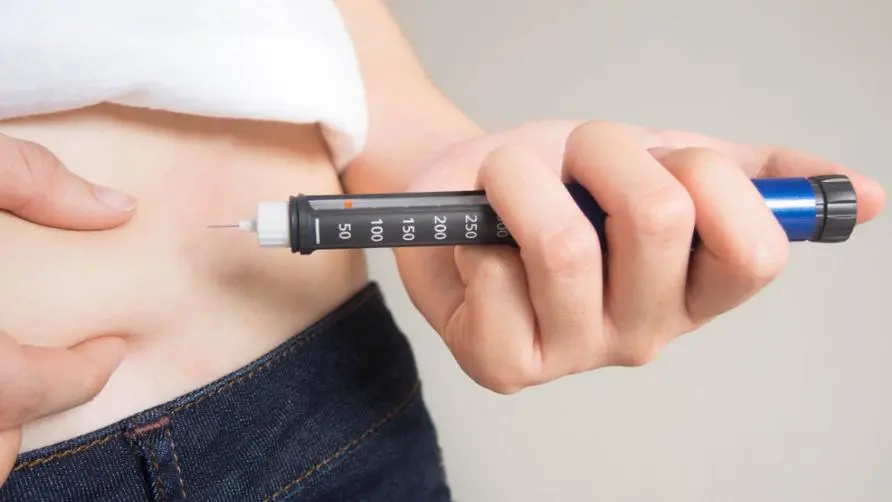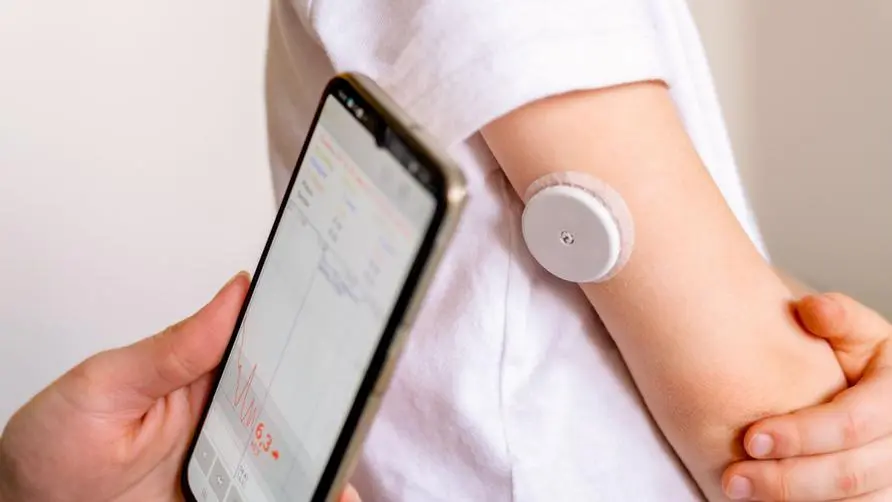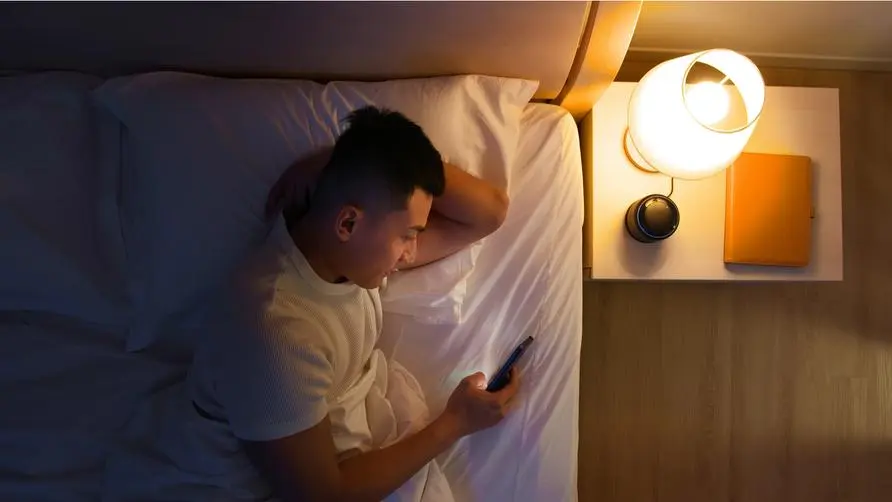Is eating too late likely to cause diabetes? Fearing that it is related to melatonin, these people should not eat 2 hours before going to bed

Is eating before bed more likely to cause diabetes? Is it related to “melatonin” secretion?
Office workers are usually busy with work and always eat dinner late at night, which may increase the risk of diabetes! A joint study by the University of Muxia in Spain and the Massachusetts General Hospital in the United States pointed out that those who eat 2.5 hours before going to bed may increase the chance of developing diabetes. The reason may be related to the “melatonin” that affects the body’s biological clock.
The research team recruited 845 adults aged 18-75 in Spain with no previous history of diabetes. On average I have dinner around 9:38pm and go to bed at 12:32am. The research method is to allow this group of subjects to receive oral glucose twice a day, and record the blood sugar control status 2 hours after meals.
In addition, the research team also collected blood samples from subjects for analysis. About 50% of subjects have mutations in the “melatonin receptor 1b” gene (MTNR1B). Melatonin is an important neurohormone for the sleep cycle and plays an important role in the body’s glucose metabolism.
After the subjects fasted for 8 hours, the team further divided them into two groups: those who consumed glucose 1 hour before going to bed, and those who consumed glucose 4 hours before going to bed. The opposite test was conducted on the two groups of people the next night.
Eating late affects metabolism and melatonin secretion. Experts call out “these groups” to be careful
The results of the study showed that the melatonin concentration in the serum was 3.5 times higher and the area under the insulin curve (AUC) was 6.7% lower than that of the group that ate 1 hour before bedtime compared to the group that ate 4 hours before bedtime. The area under the curve for glucose increased by 8.3%. Increased melatonin concentration may mean a decrease in the function of “pancreatic beta cells” and affect the body’s glucose metabolism program.
Study author Dr. Marta Garaulet said that the group who ate later had more fluctuating blood sugar control and poor tolerance for metabolizing glucose, both of which are risk factors for type 2 diabetes. Dr. Garaulet also pointed out that the impaired glucose control mechanism in the subjects may be affected by the melatonin receptor 1b gene. Therefore, eating too late may be more dangerous for people with melatonin gene mutations.
Co-author Frank AJL Scheer believes that the research results are important for preventing type 2 diabetes. About one-third of people in developed countries have a lifestyle of eating too late, such as those who work shifts, those who often go abroad and need to adjust to jet lag, or those who reverse day and night. These groups are more likely to suffer from type 2 diabetes, and public health units should pay close attention to their health status to prevent diabetes and chronic disease problems.
Finally, the research team recommends that people with congenital insulin insufficiency or those with a family history should avoid eating within 2 hours before going to bed. However, this study did not include diabetic patients as a test group, so the impact of eating time on blood sugar in diabetic patients needs further research to clarify. In addition, how the melatonin receptor 1b gene affects blood sugar control and what the mechanism relationship between the two is requires more clear answers in the future.
Source:
Eating Dinner Late Ups Diabetes Risk; Melatonin Involved
MTNR1B SNP*Food Timing Interaction on Glucose Control (ONTIME-MT)
Further reading:





